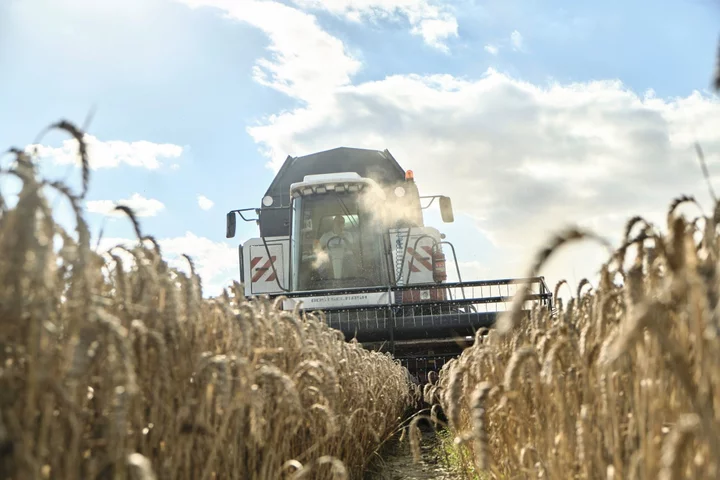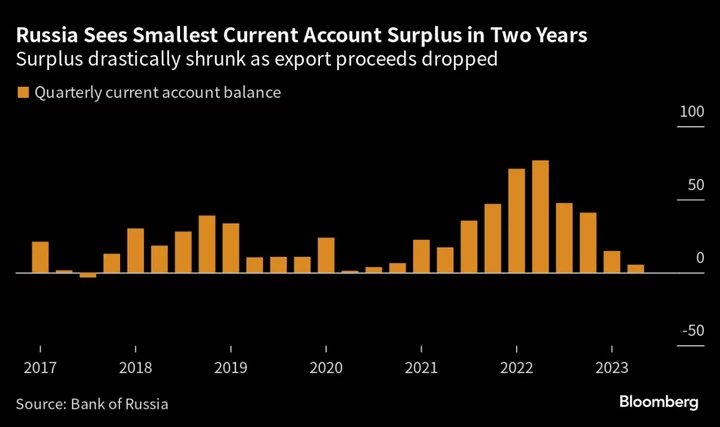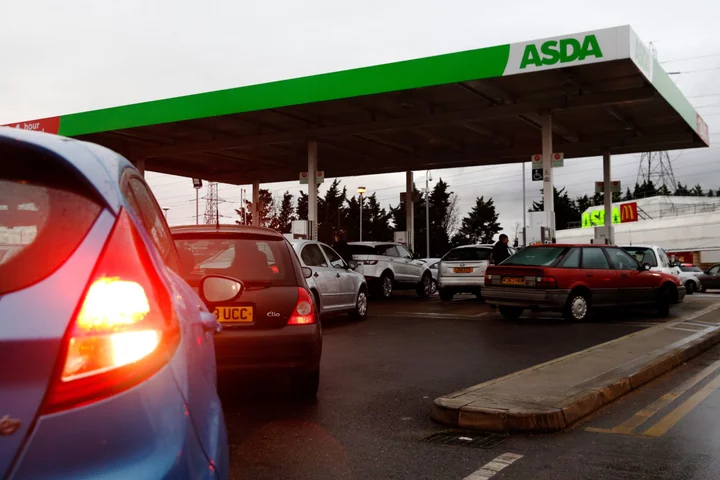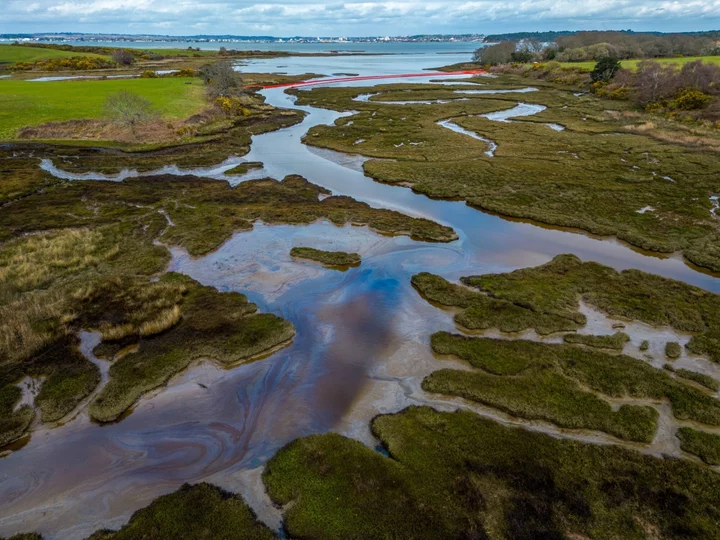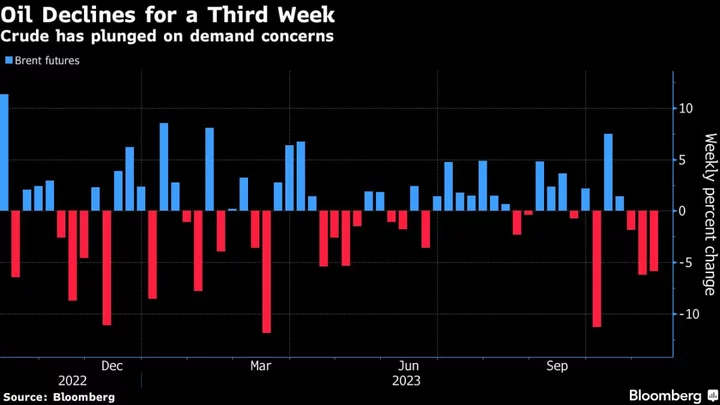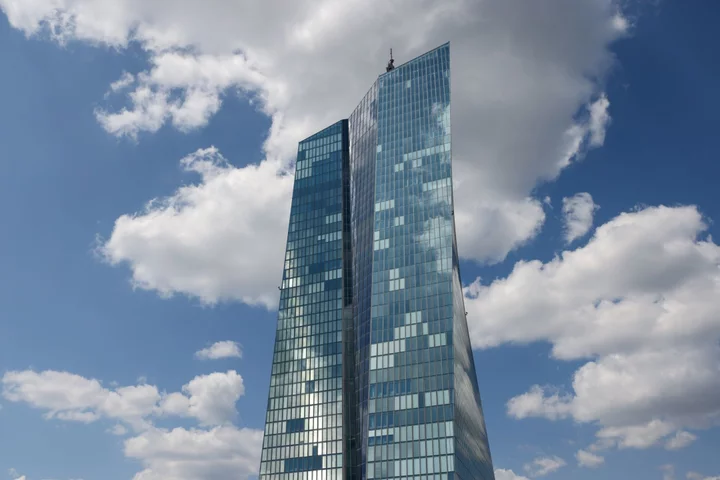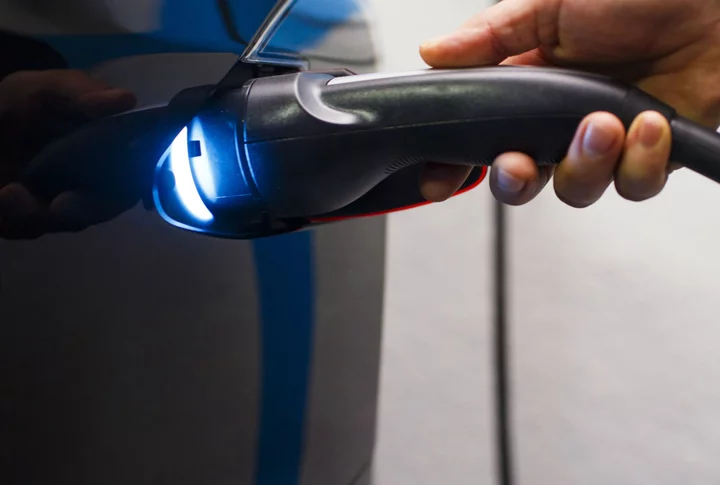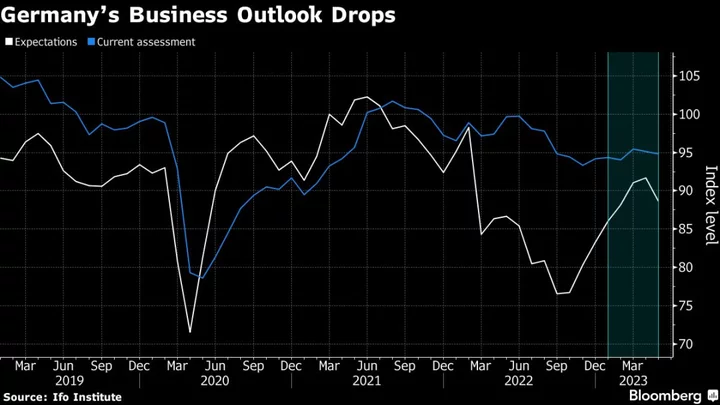Poland, Hungary and Slovakia defied the European Union’s decision to end a ban on imports of crops from Ukraine, saying they would press ahead with unilateral restrictions to protect their own markets.
The measures won’t apply to Ukrainian products transiting through Eastern Europe to third countries, and the impact of Friday’s EU move - as well as the rapid pushback - on global markets is expected to be limited.
For Poland’s government, much of the motivation behind banning Ukrainian crops is to shore up support among rural voters who’d complained of falling prices, a month ahead of a tightly-contested election.
The EU allowed its ban, which also applied to Romania and Bulgaria, to expire as scheduled on Friday, saying that market distortions that triggered the initial decision had disappeared.
Read more: EU Ends Ukraine Crop Import Ban, Heightening Trade Tensions
Ukraine has agreed to introduce legal steps, such as an export licensing system, within 30 days to avoid surges of its crops into Europe, the EU said. The bloc also said it would monitor the market.
While the expiration of the ban may improve relations between Brussels and Kyiv, it’s likely to cause friction between Ukraine and its western neighbors as Russia’s war in the country drags on. Ukraine last week warned Poland — one of its staunchest allies since the invasion began almost 19 months ago — that a unilateral ban on food imports would trigger a complaint at the World Trade Organization.
“The EU’s decision is a bittersweet gift for us,” Polish Prime Minister Mateusz Morawiecki said at an election campaign event in Elk, northern Poland. “I would prefer that they extended the ban, but they didn’t do it. Now we will extend it ourselves despite lack of their agreement.”
Morawiecki, who’s running for re-election on Oct. 15, added, “We will do it because it’s in the interest of a Polish farmer.”
Farmers are an important constituency for Poland’s ruling party, which may struggle to win a majority in the next parliament. Law & Justice has frequently challenged Brussels over everything from the rule-of-law to bloc’s mechanism of relocating migrants from the Middle East.
Read more: Poland to Extend Ukraine Grain-Import Ban, Pressuring EU
“It’s critical that European solidarity now work on a bilateral level. For our neighbors to support Ukraine during times of war,” Ukrainian President Volodymyr Zelenskiy said in a post on the social media platform X, formerly Twitter. “Should their decisions violate EU legislation, Ukraine will respond in a civilized manner.”
Slovakia said it will work with the European Commission and other member states to find a Europe-wide solution that would allow it to lift its ban. The caretaker government in Bratislava is under pressure from former Prime Minister Robert Fico, whose party is leading in the opinion polls before a vote on Sept. 30. Fico has vowed to halt military aid to Ukraine and slammed sanctions against Russia.
Read more: Flood of Russian Wheat Halves World Prices From Wartime High
Hungary also moved quickly to re-impose and widen restrictions on Ukrainian agricultural products. Prime Minister Viktor Orban signed an executive order that bars Ukraine from selling 24 products to its neighbor, including wine, beef, corn, sunflower seed and barley. The previous restrictions applied only to four products.
The EU’s limited ban was established after five eastern EU nations slapped restrictions on Ukrainian produce earlier this year. Farmers complained a supply glut caused by the availability of Ukrainian supplies was lowering local prices.
Russia’s exit in July from a deal to allow Ukrainian grain exports via the Black Sea has created additional pressure. Agriculture is a vital component of Ukraine’s economy, and its farmers are now looking to clear harvests. Much of Ukraine’s crop exports are currently shipped via the Danube River, and it also relies on rail and truck routes into the EU.
“What’s important right now is that all countries work in spirit of compromise, engage constructively and we are finding a solution,” European Commission Vice President Valdis Dombrovskis told reporters in Spain Friday evening. “Best of course will be for member states to refrain from unilateral measures and work along the lines of this agreement.”
--With assistance from Jorge Valero, Megan Durisin, Zoltan Simon and Daniel Hornak.

